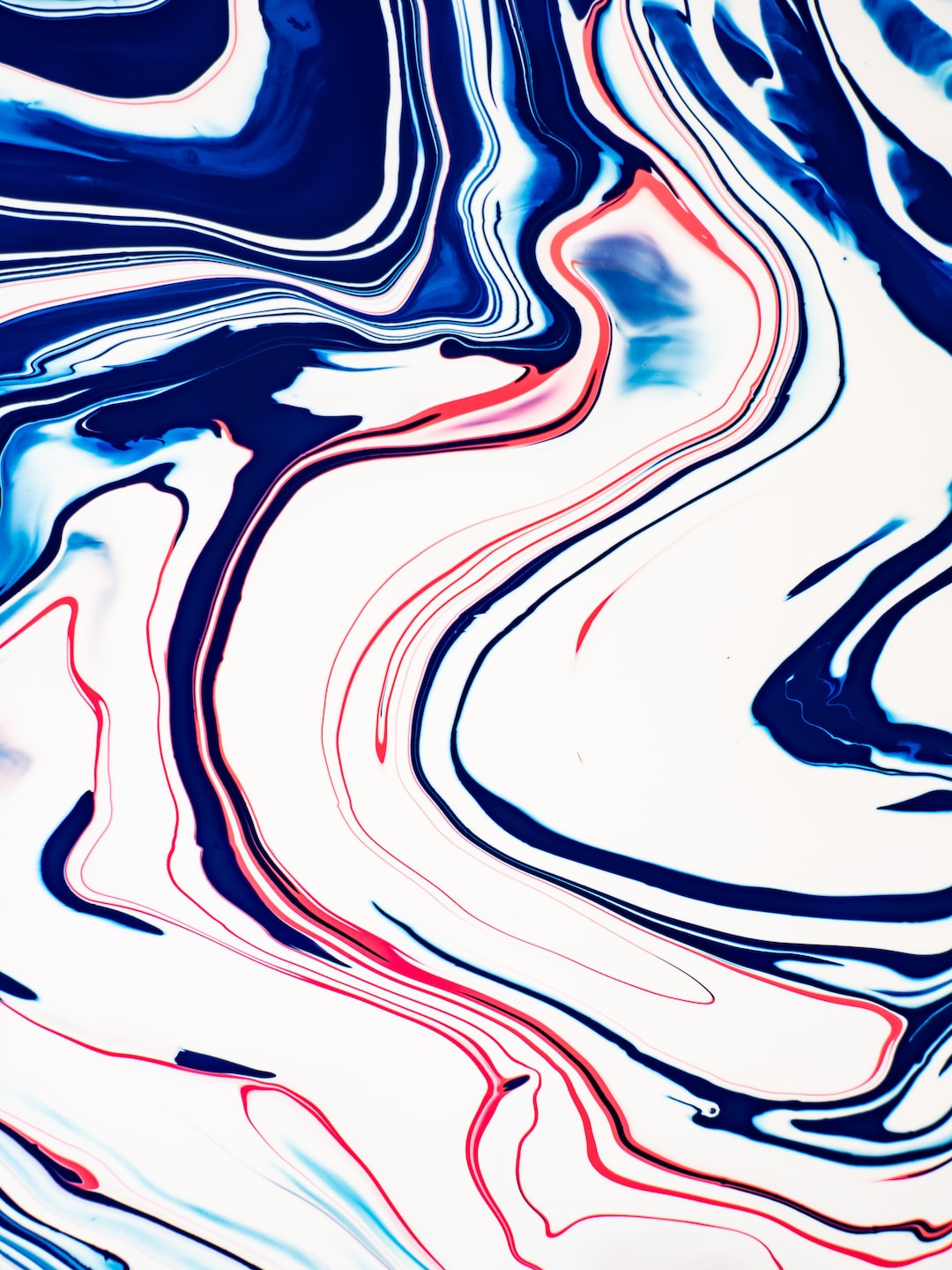Art as Therapy: How Creativity Can Improve Mental Health
In today’s fast-paced and high-stress society, taking care of our mental health has become more important than ever. While traditional methods like therapy and medication are effective for many people, a growing body of research suggests that art can also play a significant role in improving mental well-being. In fact, art therapy has been found to be a powerful tool in enhancing emotional resilience and promoting healing.
Art therapy is a form of expressive therapy that uses the creative process of making art to improve a person’s physical, mental, and emotional well-being. Through the act of creating, individuals are able to express and explore their thoughts, emotions, and experiences in a safe and non-threatening way. This can be particularly beneficial for individuals who struggle with verbal expression or find it difficult to articulate their feelings.
Engaging in the creative process has been found to reduce stress and anxiety. When we immerse ourselves in an artistic endeavor, be it painting, drawing, photography, or even writing, our brains enter a state of focused concentration similar to meditation. This can help to calm the mind, alleviate symptoms of anxiety, and provide a much-needed break from the constant stream of thoughts that often plague us.
Moreover, engaging in art can provide a sense of accomplishment and boost self-esteem. When we create something with our own hands, it gives us a tangible representation of our skills and abilities. This can be particularly empowering for those struggling with self-doubt or low self-worth. The act of creating something beautiful or meaningful can reinforce a positive sense of self and remind individuals of their inherent worth and potential.
Art therapy also encourages self-reflection and self-discovery. Through the creative process, individuals may gain insight into their emotions, thoughts, and experiences. The act of creating can help to unearth unconscious feelings and bring them to the surface, allowing for a deeper understanding of oneself. This self-awareness can be a powerful tool in managing mental health challenges and developing coping mechanisms.
In addition, art therapy can provide a sense of community and connection. Engaging in artistic activities with others, such as in group therapy settings or community classes, allows individuals to connect with like-minded individuals and share their experiences in a supportive and non-judgmental environment. This sense of belonging can be instrumental in combating feelings of isolation and loneliness, which are common among those struggling with mental health issues.
In conclusion, art therapy offers a unique and effective approach to improving mental health. Through the creative process, individuals can reduce stress and anxiety, boost self-esteem, gain self-reflection and self-discovery, and foster a sense of community and connection. Whether you consider yourself an artist or not, engaging in creative activities can provide immense benefits for your mental well-being. So, why not give it a try and let your creativity become your therapy?

